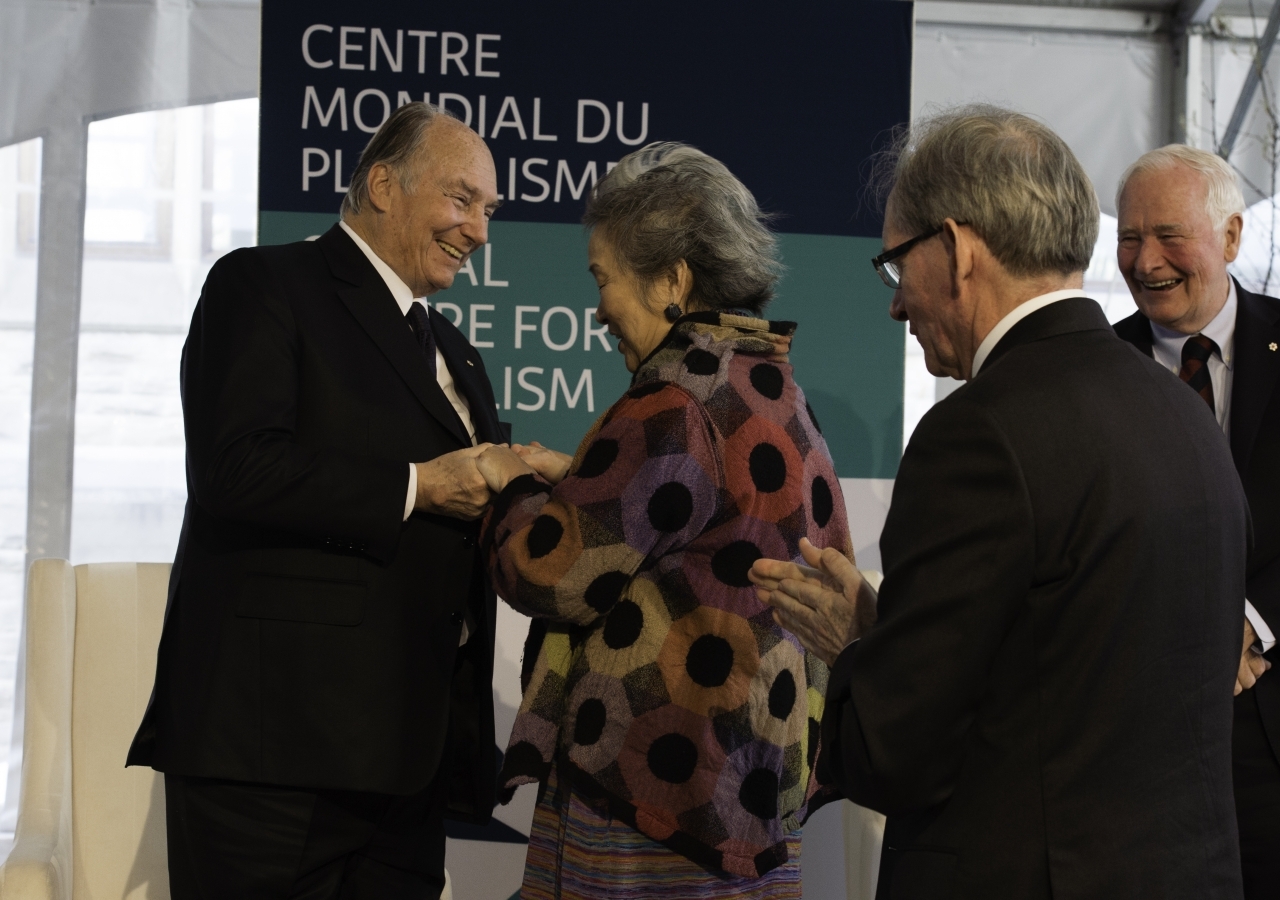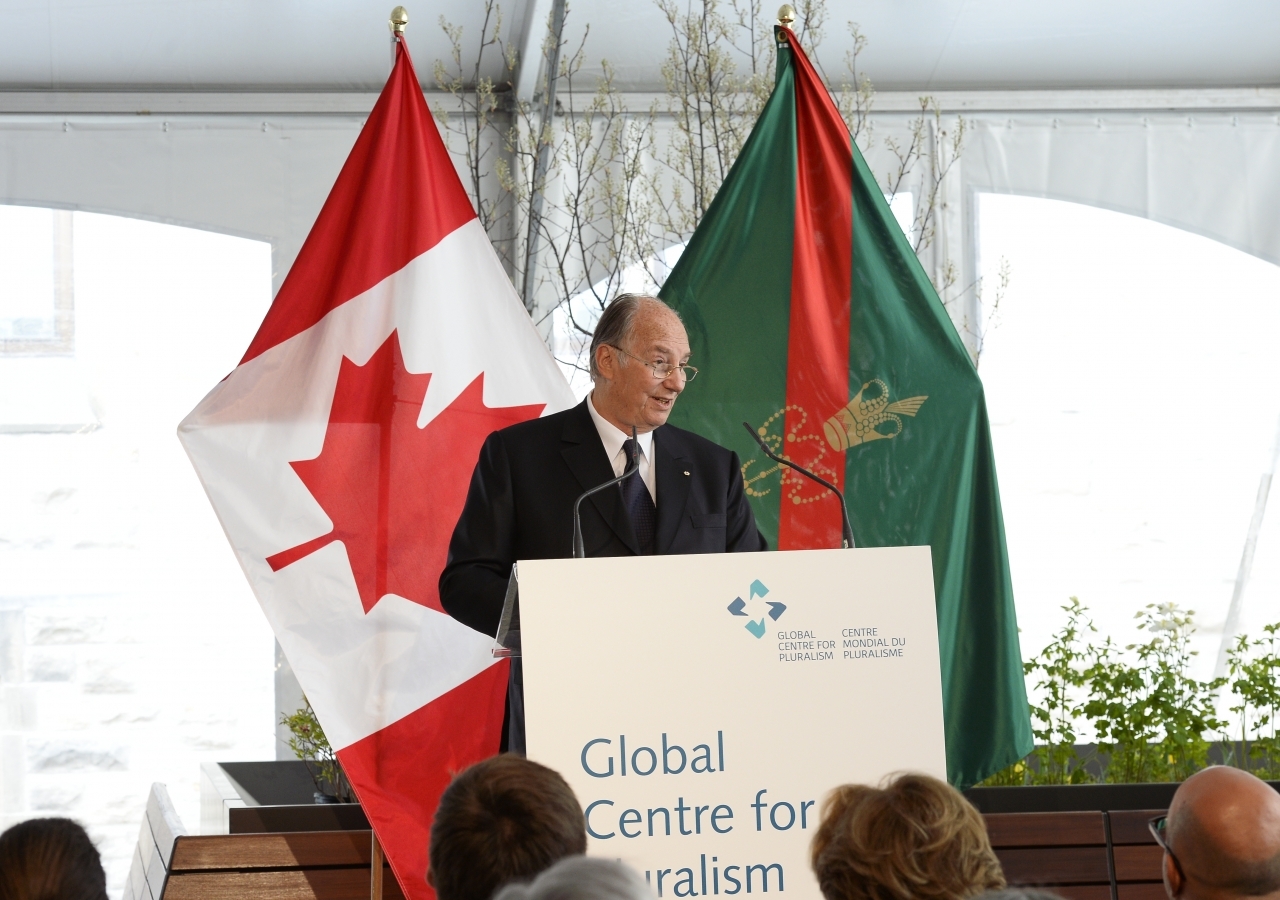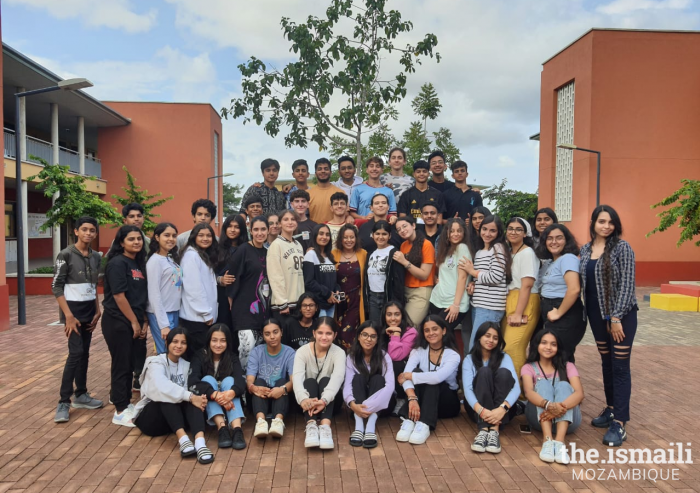Diversity. Tolerance. Human rights. Democracy. Pluralism. Cosmopolitanism. Words that are related and often used interchangeably, yet have nuances of meaning and implication. We read above that humanity was created from a single soul, and that diversity and differences were ordained. Further, the Qur’an states that “We made you into nations and tribes that ye may know one another.” (49:13). This exhortation requires us to engage respectfully with other cultures and traditions and, in today’s complex modern societies, to adopt a new concept, “cosmopolitanism.” But people the world over seem to have difficulty with the “Other.” Tribal wars, international conflicts, civil unrest, ethnic and religious violence, even genocide, have been evident in our lifetimes and illustrate that people resist the notion of living in harmony with others.
Gone are the days of geographical and physical boundaries that isolated people and cultures in homogeneous clusters; today’s societies are multi-ethnic and multi-religious, with people travelling across frontiers, invited or not. Dealing with these changes requires empathy, tolerant policies, and respect for differences. Unfortunately, they pose challenges to certain segments of populations everywhere, with ethnic and religious chauvinism, political polarization, marginalization, and societal exclusivism appearing to be more in vogue than harmony and common purpose.









